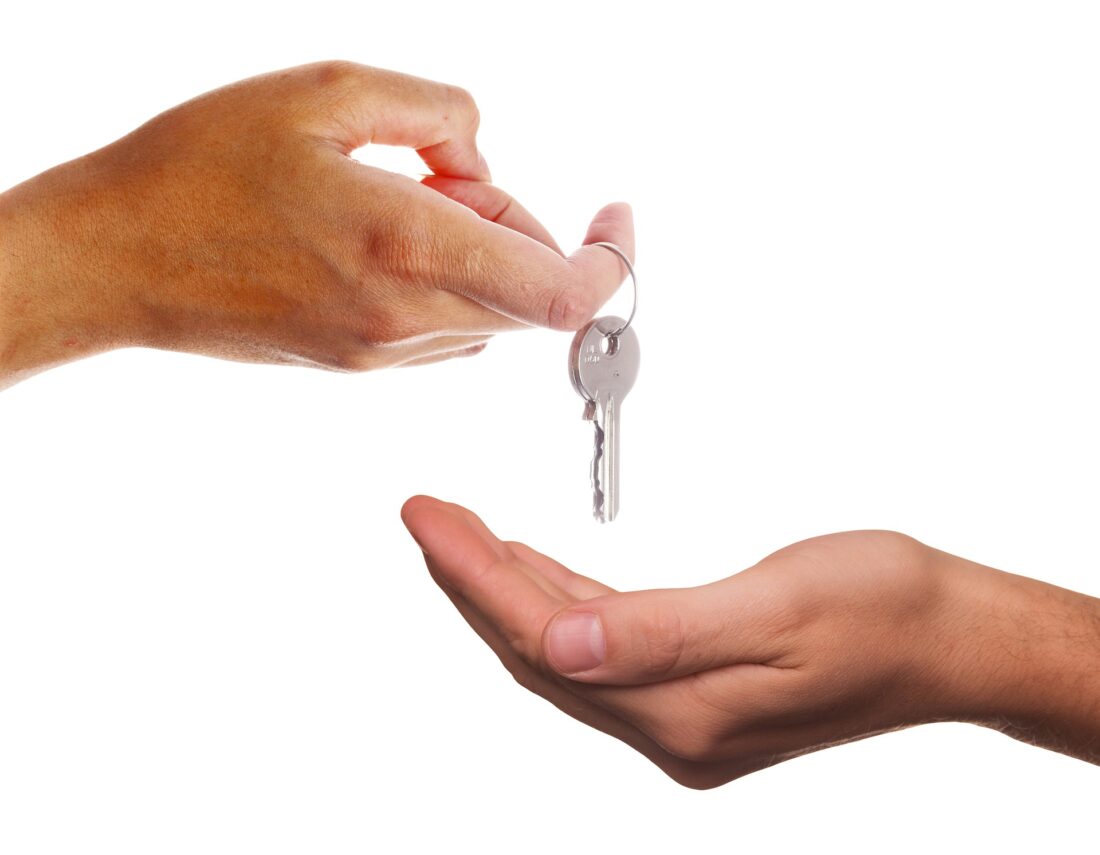Landlords’ maintenance tips

Many agreements between landlords and tenants puts the burden on the landlord to quickly fix any structural problems that crop up, whether it’s a small leak or something more substantial like the electrical wiring malfunctioning. Maintaining a property that you rent can soon cost you a lot of time and money, but it doesn’t have to if you follow a few simple tips.
Why maintenance is a crucial part of being a landlord
If you’re a landlord, keeping your rental property in great condition regardless of whether you currently have tenants or are seeking tenants isn’t just a good idea – it’s also a legal mandate.
A law known as the Homes (Fitness for Human Habitation) Act 2018 that took effect in 2019 requires that houses or flats rented out for residential and non-commercial use be “provided and maintained in a state of fitness for human habitation.” It also gives tenants some new legal powers to challenge landlords who refuse to take steps to fix problems with properties.
The UK government has issued guidance for tenants and landlords on the various rights and obligations for both parties under the law. One of the primary goals of the statute is to strengthen tenants’ ability to compel their landlords to undertake maintenance on the properties so that they are in good condition. Previously, many tenants had few options to ensure landlords performed maintenance and had to ask their local authorities to intervene.
Beyond the legal obligation for landlords, it’s also simple common sense to keep your rental home in good condition, both for its current use and also if you plan to sell it in the future.
Whilst you’re renting the house you should maintain it in good condition to prevent any problems like leaks that might create costly long-term damage. And by quickly responding to tenants’ requests for maintenance, you will keep them satisfied. This makes for a much better landlord-tenant relationship and should ensure regular payment of monthly rent to you.
And good maintenance also means that your house or flat will be in excellent condition if you decide to sell it in the future, without having to first invest in several expensive fixes.
Top tips for maintenance for landlords
In addition to the general advice for keeping your rental house or flat maintained well, there are some more-specific tips below to consider if you are a landlord, developed with input from the quick home buying experts at LDN Properties.
Prevent and stop leaks
The older your home, the more likely the plumbing might be prone to leaks. It’s important to thoroughly check the property for signs of any water damage that could be evidence of leaks, as they can grow and cause substantial harm to a house. Preventing leaks before they happen will be cheaper than trying to repair a problem after it occurs. But you should also respond quickly if your tenant notifies you of a leak, and stop it before it gets worse.
Inspect your home
A good way to keep tabs on your house or flat is to conduct regular inspections where you can check on items like the wiring, plumbing, and overall condition of the home. Work with your tenants to schedule a time when you can do this, because you might be able to spot signs of emerging maintenance problems that your tenants did not know about.
Install smoke detectors
It’s your legal obligation as a landlord under the Smoke and Carbon Monoxide Alarm Regulations 2015 to install devices that can detect smoke and also the odourless carbon monoxide. When it comes to maintenance, you should ensure that your smoke and carbon monoxide detectors are working properly and have fresh batteries installed.
Keep the outside in good condition
If the house or flat that you’re renting has a garden, you should make sure it’s always kept in good condition though regular visits to remove weeds, mow the lawn, and otherwise maintain a pleasant appearance. This can however be quite time-consuming work, so one option would be to replace grass with a paved area that requires less routine upkeep.
Don’t buy cheap bathroom and kitchen fixtures
The bathroom and the kitchen are perhaps the most-used rooms in any home, and that’s why you shouldn’t try to save money by purchasing and installing cheaper but inferior quality fixtures, because they will be more prone to breaking down and the repair costs can quickly add up. Instead, shop around and try to find items such as cookers, dishwashers, and bathroom fittings that strike the right balance between affordability and reliability.
Think about hiring a management company
This is a tip that will cost you money upfront but can save you money in the long run. Some landlords pay an annual or monthly fee to a management company who will then do all the necessary work of maintaining the rental property and responding to requests for repairs and other issues. Although this option might not be possible for those landlords on a tight budget, if you can afford to pay for this service it can make being a landlord a lot less stressful.









